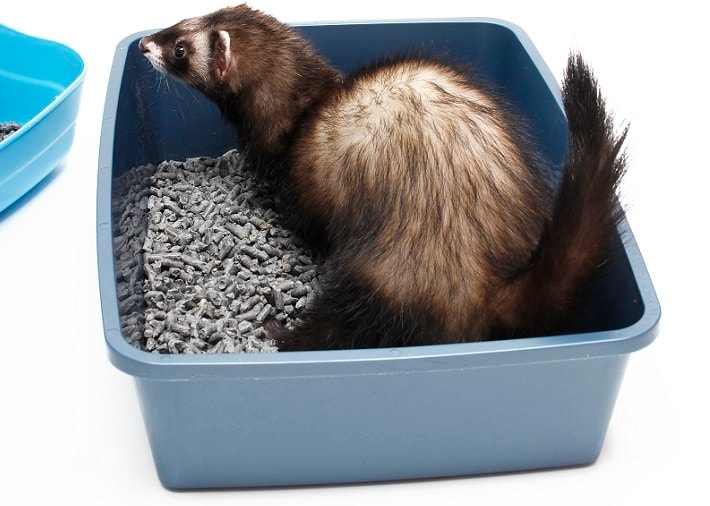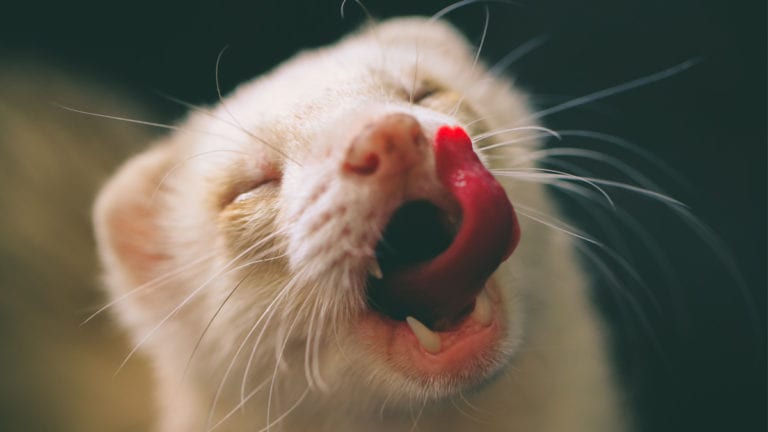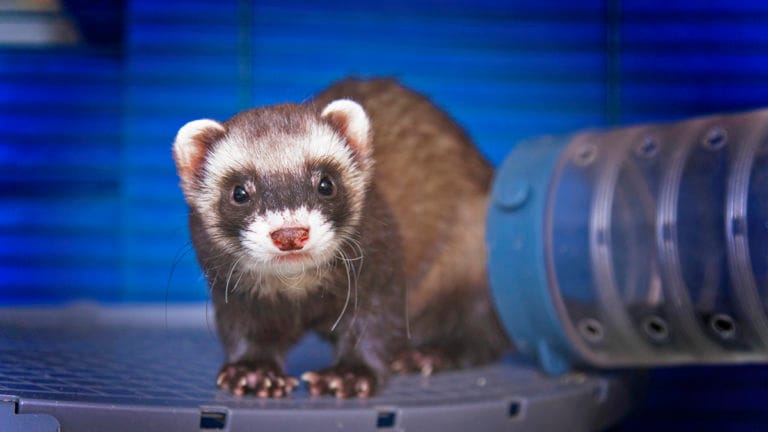Q.
I have two ferrets that spend more time biting and scratching themselves than playing. They have no fleas, and I took them off FerreTone. I cleaned their items in fragrance-free detergent, quit bathing them so often and changed litter. I have not changed their ferret food, because the recommended foods only sell in a big bag, and I don’t want to do that because it might not help. Do you have any suggestions to help them not itch and scratch so much?
A.
Compared to dogs, cats and rabbits, ferrets really do appear to scratch and bite at their skin more than those other pet species. It is a very common complaint from new ferret owners not acquainted with this normal behavior of ferrets.
Ferrets will increase their biting and scratching of their skin for numerous reasons. It is normal for any animal to increase that behavior during molting season — both when hair is growing in or hair is being lost.
As you mentioned, skin parasites (also termed ectoparasites) can cause disturbances on the skin leading to increased biting and scratching. You report no fleas, but some mites and lice can cause these issues in ferrets, and finding these very tiny ectoparasites is very difficult without a microscope. And even when there is an infestation of these ectoparasites, we may not be able to find the living organisms with a microscope but just find their “eggs” instead. Sometimes, we cannot even find the eggs and treat based on the signs you report.
Fungal skin and hair infections also can cause what you are describing, and that diagnosis is made after growth of the fungal organism on a culture plate that your veterinarian will inoculate during a visit. With the naked eye, you cannot diagnose a skin fungal infection.
Finally, environmental allergens may cause hypersensitivity on the skin that can lead to increased scratching and biting.
As you can see, the causes are varied and it usually takes a visit to your veterinarian to help make a diagnosis and then devise a course of treatment to help your ferrets feel more comfortable.
By: Karen Rosenthal, DVM, MS
Featured Image: Best dog photo/Shutterstock.com
Share:









